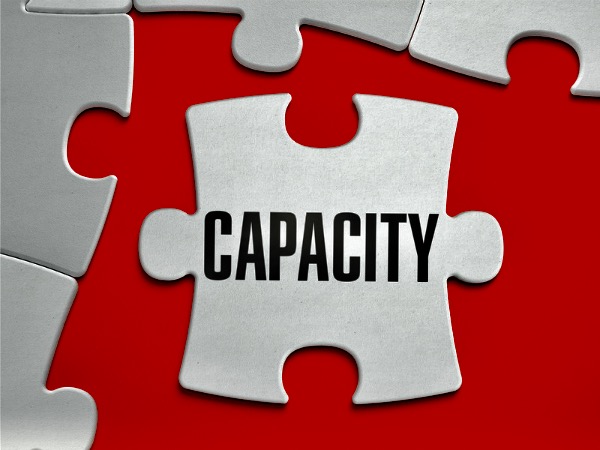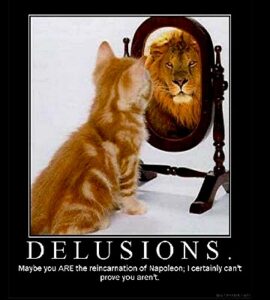
Henderson v Myler 2021 BCSC 1649 discussed inter alia mental capacity to make a will.
Determining whether a testator has the mental aka testamentary capacity to make a will is a highly individualized and fact-specific inquiry. The analysis distinguishes between capacity as a medical concept or diagnosis, and as a legal construct. Testamentary capacity concerns the latter, not the former.
The testator must have a “baseline level of mental acuity” sufficient to appreciate and comprehend the nature and effect of the essential elements of a testamentary act.
The elements include:
(1) the nature and extent of [their] property;
(2) the persons who are the natural objects of [their] bounty;
(3) the testamentary provisions [they] are making;
(4) the appreciation of these factors in relation to each other;
and (5) forming an orderly desire as to the disposition of [their] property:
A testator must have capacity at two points in time. First, when they give their will instructions, and second, when the will is executed: Laszlo at para. 189, citing Parker v. Felgate (1883), L.R. 8 P.D. 171 (Eng. P.D.A.) and Brownhill Estate, Re (1986), 72 N.S.R. (2d) 181 (N.S. Prob. Ct.).
To lack testamentary capacity does not mean that the testator must be in a perpetual state of substandard competence.
Seemingly rational persons may be without it, while seemingly compromised persons may possess it. A testatrix’s cognitive and psychological state is amorphous and seldom static. It may change and fluctuate slightly or wildly, such that at times she is not of sound mind, while at other times she is perfectly lucid. Accordingly, a will made by a compromised testatrix executed during a lucid interval may still be valid.
Implicit and explicit in the jurisprudence is an acknowledgement of the complexity and subtleties of diminished cognitive functioning and the way in which we perceive, present to and interact with the world around us. For example, although it is recognized that dementia can impair a testator’s mental powers such that he is not capable of making a will, a diagnosis of dementia, standing alone, does not automatically correspond to testamentary incapacity … Similarly, a person who is judicially declared incapable of managing his or her affairs pursuant to adult guardianship legislation or suffers a chronic psychotic illness such as schizophrenia may still have the capacity to make a valid will …
…
It is well-settled that a testator’s ability to provide rational responses to questions or follow a learned pattern or habit is not conclusive of capacity. The reasons of Mr. Justice Rand writing for the majority of the Supreme Court of Canada in the important decision of Leger v. Poirier, [1944] S.C.R. 152 (S.C.C.), at 161, remain instructive of the point:
But there is no doubt whatever that we may have testamentary incapacity accompanied by a deceptive ability to answer questions of ordinary and usual matters: that is, the mind may be incapable of carrying apprehension beyond a limited range of familiar and suggested topics. A “disposing mind and memory” is one able to comprehend, of its own initiative and volition, the essential elements of will-making, property, objects, just claims to consideration, revocation of existing dispositions, and the like …
Because testamentary capacity is a legal construct and not a medical one, medical evidence—while important and relevant to determining capacity—is not essential or conclusive. This is consistent with cases on testamentary capacity, which recognize—particularly with the elderly—that a testator’s cognitive and psychological state is “amorphous and seldom static”: Laszlo at paras. 189, 191.
While dementia can impair a testator’s mental powers to the extent they may be unable to make a will, a diagnosis of dementia—standing alone—does not automatically negate testamentary capacity. Similarly, being judicially declared as incapable of managing one’s affairs pursuant to adult guardianship legislation does not, in itself, negate capacity: Laszlo at paras. 191–192.
The testamentary capacity analysis also involves the evidence of lay witnesses, and a court may accord greater weight to the lay evidence than to the medical evidence, reject the medical evidence altogether, or even reach a conclusion that conflicts with the medical evidence: Laszlo at paras. 198–199.




